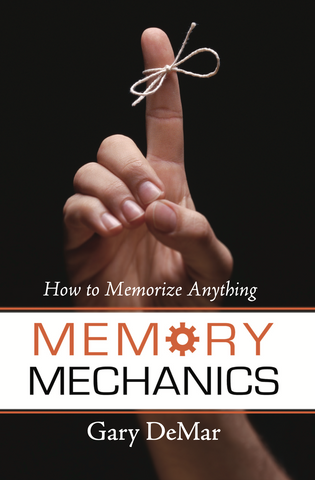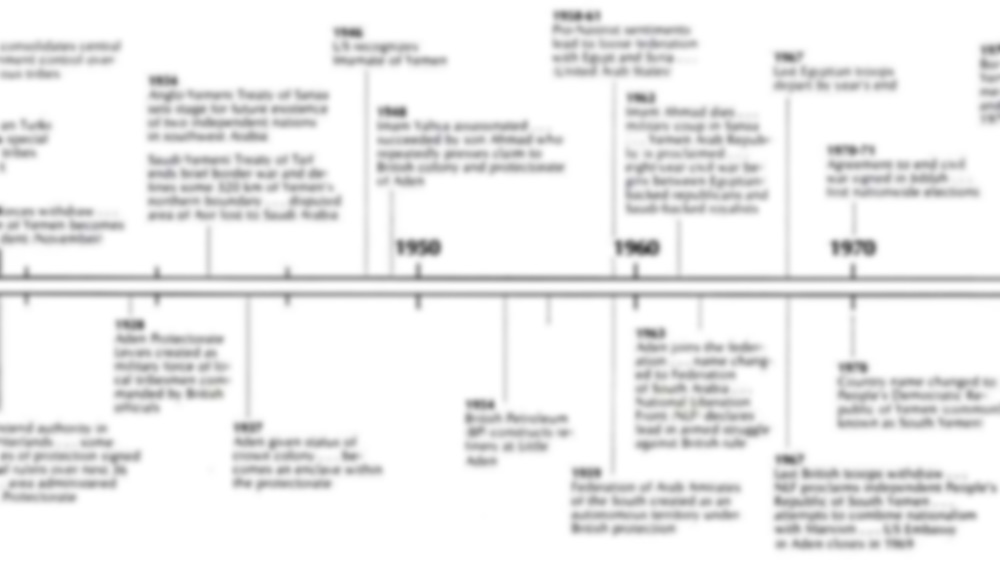In a talk from a few years back, Gary discusses how to teach history so that it’s relevant, memorable, and applicable.
Much of what we remember sticks in our mind because of repetition. That’s how we learned to speak, read, and write. Learning to ride a bicycle, drive a car, play a musical instrument, or learn a sport came by way of repetition. We struggled when we first got on a bicycle, but with practice, riding became almost second nature. The more we rode, the better we got. Scientists are discovering that this type of memory goes through a chemical process called long-term potentiation (LTP) that strengthens the synapses that are important to memory retention.
My library contains about 25,000 different book titles, and I can tell you something about nearly every book—where it’s located on the shelves, if it’s a paperback or hardback, where I got it, the color of the cover, if the cover’s ripped, whether it has a sewn or glued binding, the publisher, and other details too trivial to mention. How do I know these things? Did I sit down to memorize these details? I didn’t. My mind works in pictures and odd and seemingly unrelated associations. Also, I work with these books every day. It’s my life’s work. But if someone challenged me to memorize the titles of ten random books, it would be a supreme effort unless I applied a number of the memory techniques discussed in Memory Mechanics.
There isn’t enough time for repetitive learning when it comes to preparing for a history or biology test. This is where short-term memory techniques are most helpful. It’s a way to increase the size of your working memory box by linking with items that are pushed out when new items are dropped in without getting a brain transplant or a brain boost.

Memory Mechanics
You don't have to be a genius to develop a great memory. It's all about technique. Memory Mechanics shows how memory works and develops proven methods to make learning new material a breeze. A good memory is not just for the young. Anyone at any age can apply the system found in Memory Mechanics to improve even the most stale and forgetful memory.
Buy NowIn a talk from a few years back, Gary discusses how to teach history so that it’s relevant, memorable, and applicable. Too often history is taught as names and dates to be memorized with little to no connection to the present. History is the continuing record of man’s response to God, and we must all learn and heed the lessons from the past.

